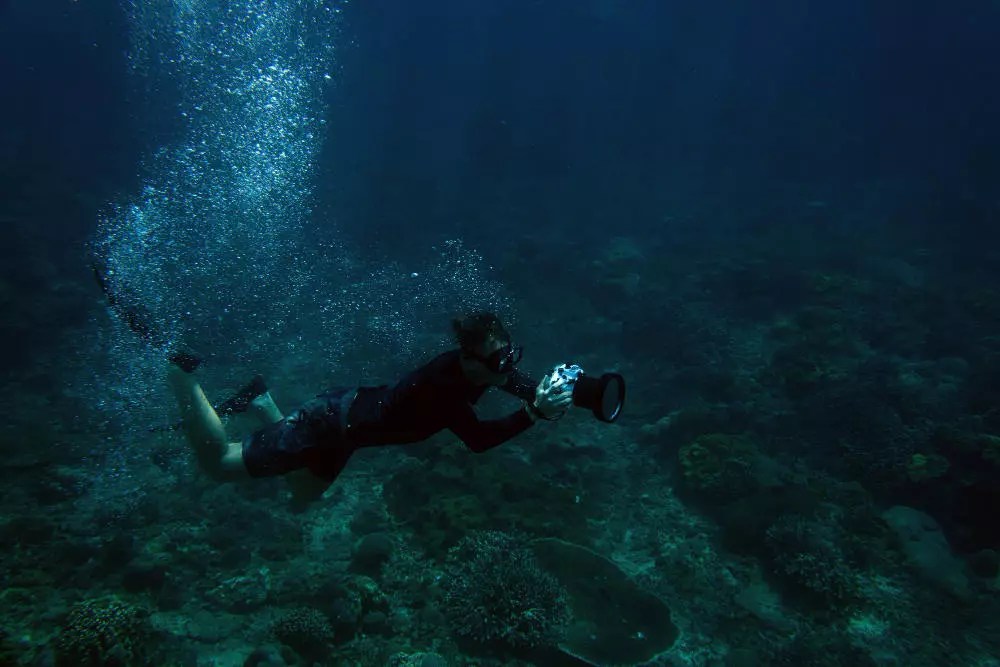SNORKELING VS SCUBA DIVING: WHICH UNDERWATER ADVENTURE IS RIGHT FOR YOU?

Getting your feet wet and in touch with those Nemos of the world is a blast. Neptune?s or Poseidon?s kingdom – whichever your pantheon is –
Getting your feet wet and in touch with those Nemos of the world is a blast. Neptune?s or Poseidon?s kingdom – whichever your pantheon is –